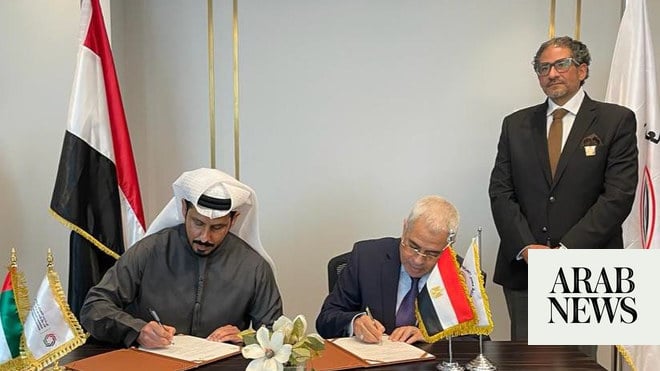
Move to safeguard financial stability in COVID-hit economy
DUBAI: The UAE central bank has said that banks should increase anti-money laundering efforts to safeguard financial stability in the country.
“To mitigate the risk of financial crimes . . . banks are urged to put more efforts towardcombating money laundering and financing of terrorism,” it said in a statement.
The bank said more than 300,000 individuals, close to 10,000 small and medium enterprises, and more than 1,500 private companies, had benefited from a 50 billion dirhams ($14 billion) liquidity scheme introduced to cushion against the impact of the COVID-19 pandemic.
On Wednesday, the UAE reported its highest daily number of coronavirus infections since the start of the pandemic.
FASTFACT
The UAE Central Bank expects the country’s economy to contract by 5.2 percent this year.
In a separate report, the central bank said this week that the UAE economy would likely contract by 5.2 percent this year, revising down a previous 3.6 percent contraction forecast, as virus containment measures hurt sectors such as trade and tourism.
It said that manufacturing production shrank “due to supply chain disruptions, limited export opportunities and subdued domestic demand.”
The UAE said on Thursday that it would resume issuing visas to foreign visitors to all seven of its regions after a six-month suspension imposed due to the pandemic, state media reported.
Dubai, the region’s tourism and business hub and one of the seven emirates that make up the UAE, had already lifted its own visa ban in July.
The Federal Authority for Identity and Citizenship said in a statement carried in state media that the decision was taken as part of the easing of COVID-19 restrictions in the Gulf state as well as efforts to support economic recovery plans.
All six Gulf Arab countries have lifted internal curfews and lockdowns, but restrictions on gatherings and foreign travel remain in the oil-producing region, where the total number of COVID cases stands at more than 800,000, with more than 6,800 deaths.












